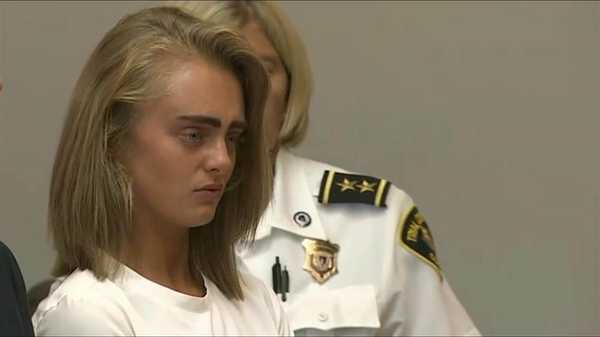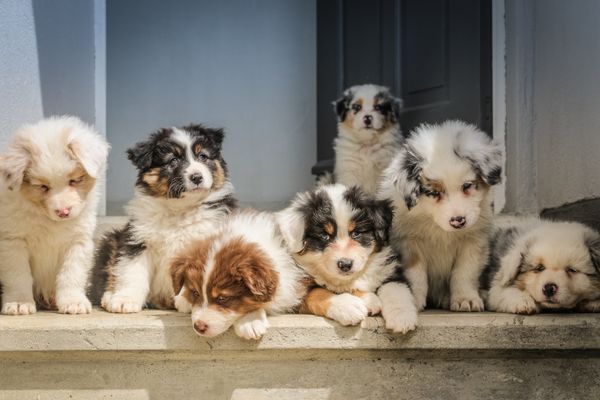A few days ago, I was in the campus bookstore, ordering the last few books I needed before the start of the school year. As I was waiting in line, my gaze happened to fall on a shelf that sold the various books that professors had assigned to their students for this semester. One book in particular stood out to me. It was I am Malala, the memoir of Malala Yousafzai, a Pakistani girl who is fighting for female education. She herself courageously attended school as a child, even when the Taliban-controlled area of Pakistan where she lived prohibited girls from doing so. As Malala's reputation grew internationally, the Taliban shot her in the head in an assassination attempt, from which she miraculously survived. She continues to campaign for the cause of female education, and eventually became the youngest recipient to win Nobel Peace Prize.
Malala Yousafzai is a hero, and all the international praise she has earned is more than well-deserved.
But, as I continued to think about Malala, it occurred to me that while her memoir is probably assigned in college classes across the country, there is one memoir of a Muslim feminist that seems to get much less attention:
Infidel, by the Somali-Dutch politician Ayaan Hirsi Ali.
Ayaan was born in Somalia in 1969. As a young woman, she was a devout Muslim. Eventually, she moved to the Netherlands and became involved with Dutch politics.
After the 9/11 attacks, Ayaan studied the Qur'an and many of the hadith collections, and came to the conclusion that the interpretation of Islam offered by terrorists such as Osama Bin Laden was the most plausible reading of the faith. In 2002, she left Islam and became an atheist, advocating for women's rights in the Islamic world, claiming that Islam was inherently misogynistic.
Ayaan's statements sparked large amounts of controversy, which culminated in death threats for her collaboration with Dutch film maker Theo Van Gogh, who was assassinated in 2004 by an Islamist for a film he made criticizing Islam.
To this day, Ayaan's life is in extraordinary danger, but she still bravely speaks out against the oppression of women in the Islamic world.
While Ayaan certainly has her admirers (including myself) on both the left and the right, Western reaction to her has mostly been met with scorn and dismissal. She is frequently branded as an "Islamophobe", has been banned from speaking at several universities, and Western political leaders, such as President Barrack Obama, have completely ignored her.
Why are Malala and Ayaan, both two incredibly brave women and arguably the greatest feminists the world has seen in decades, given such different reactions by the West?
The answer lies in how the two women view the relationship between Islam and modern feminism.
Based on Malala's work and statements, it seems that she sees no fundamental conflict between the religion of Islam and women's rights. She has made no remarks critical of Islamic theology, and is still a practicing Sunni Muslim. Her associations with wildly popular figures such as Desmond Tutu and Emma Watson have only increased her standing in the international community. Her words promote reconciliation and peace, and if they are ever harsh, they are directed towards the general categories of "extremists" and "terrorists."
Ayaan, on the other hand, tackles similar problems from a completely different perspective. For her, there can be no compatibility between Islam and feminism, as the religion is inherently misogynistic. It is not enough to identify the challenges for women in the Islamic world as simply the fault of a general "extremism"; the problems are rooted in Islam itself. While Malala calls on world leaders to invest in "books, not bullets," Ayaan calls for a war on Islam. While Malala meets with UN leaders and celebrities such as Emma Watson, Ayaan supports controversial figures such as Benjamin Netanyahu, Geert Wilders, and Egyptian dictator Abdel Fattah El-Sisi, as they are the only ones willing to view the threat of Islamism for what it is.
Ultimately, Malala's vision fits in nicely with the agenda of the international political elite who envision a multiculturalism where tensions and conflicts between differing philosophies (such as Islam and modern feminism) don't exist. In their view, it's perfectly acceptable to be a devout Muslim and a feminist, because all religions pretty much teach the same thing, and that "same thing" is whatever social agenda modern liberals feel like pushing this week. The real enemy isn't a specific ideology or culture, it's just the general "haters" who exist in all societies, whether it's the red-neck hicks who live in Mississippi or the Taliban fighters who govern Afghanistan.
Ayaan's message, that Islam is inherently anti-Western and cannot continue as it exists today without oppressing the rights of millions of women worldwide, flies in the face of this multiculturalist vision. It marks clear lines delineating which culture is superior and which one isn't. For Ayaan, the enemy isn't simply an amorphous "patriarchy", but a specific set of beliefs and the violent terrorists who seek to implement them around the world.
Simply put, Malala's views don't trouble the consciences of Western politicians; Ayaan's views make them squirm. Even if her comments are incendiary, she brings up real problems with Islam that the West has been ignoring for decades. When politicians endorse Malala, they can continue to ignore these problems, even if refusing to face them will ultimately prove dangerous.
It is fair to say that some of Ayaan's statements have gone too far. As much as I don't like Islam, declaring a war on an entire religion is pretty extreme, and even she has moderated this view over the years. But claims that she is Islamophobic are ridiculous. To use her own words, "Islam is not a race...Islam is simply a set of beliefs, and it is not 'Islampohobic' to say Islam is incompatible with liberal democracy." Instead of lazily slapping the label "bigot" on anyone who criticizes Islam, maybe we should at least listen to what they have to say.
I think many Western liberals obsessively focus on the more extreme statements Hirsi Ali has made in order to completely de-legitimize her and make her look dangerous. Many of her statements have a point. Indeed, her remark that had Muhammad lived today, civilized society would brand him as a tyrant and a pedophile, while controversial, is true. And to be perfectly honest, I think Ayaan's judgments concerning the compatibility of traditional Islam and feminism are much more accurate than Malala's. If Ayaan is to be criticized for going too far in her condemnation of Islam, shouldn't Malala be criticized for staying silent on glaring conflicts between Islam and feminism? Is it really unfair to ask how a self-professed feminist can hold to a religion that permits wife-beating (Qur'an 4:34) and sex slavery (Qur'an 4:24)?
Let me reiterate my previous statement: Malala is a hero. But so is Ayaan. We shouldn't listen to one simply because her message is less threatening to the politically correct status quo than the other.
Hopefully, we get to a day when both I Am Malala and Infidel are taught in college campuses everywhere, in order to understand the complex problems feminism faces in the Muslim world.





















